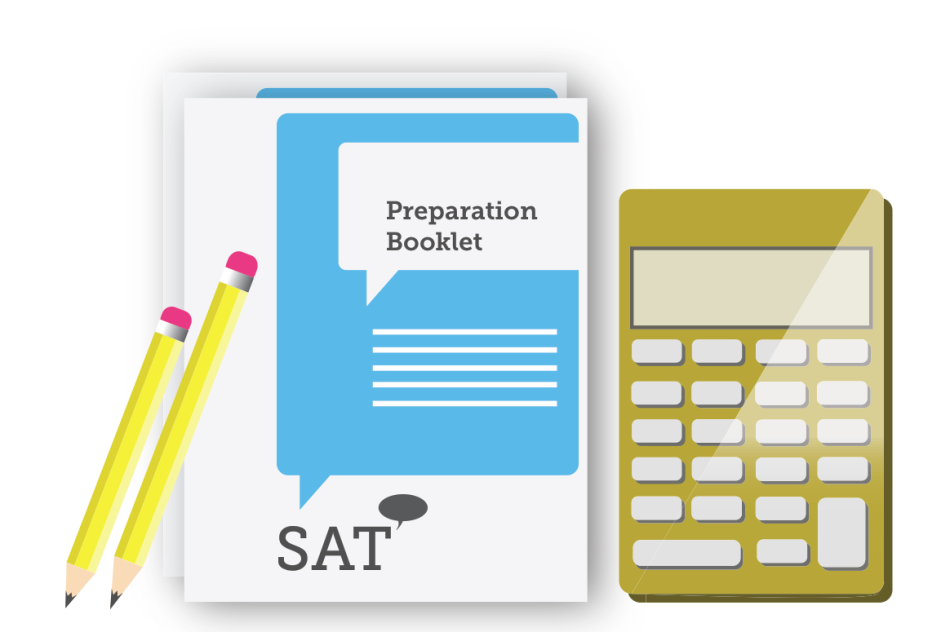Looking into the new SAT
The College Board announced last Wednesday sweeping changes to the SAT effective in 2016, saying that the new test will focus more on assessing skills necessary for students in academic and professional environments.
Among the changes are the abolishment of a penalty for guessing incorrectly, making the essay an optional, and redesigning vocabulary questions to test for words more likely to be encountered in the classroom or workplace.
Countering criticisms that the SAT benefits wealthy children who can afford preparation classes, the College Board will team with Khan Academy to offer test-preparation materials online for free.
Students who take the test and meet certain income-specific eligibility requirements will receive four fee waivers for college applications.
“I think that’s a step in the right direction,” college counselor Kevin Lum Lung said. “I think it’s great, and hopefully it’s not just for PR. Hopefully it’s something that students can use and it’s really good quality preparation for them.”
According to a survey of 166 seniors collected by the college counseling department in December, 69 percent of Harker students used a test preparation company to help study for the SAT or ACT.
With the changes set to take place in 2016, this year’s freshman class will be the first to take the new test, in their junior year.
“I guess it will make it easier and less stressful,” Hazal Gurcan (9) said. “For the essay part, I guess it’s kind of more relieving because I don’t like writing essays.”
Many of these changes make the SAT more similar to the ACT, its chief rival in college admissions testing.
The ACT currently offers students the opportunity to take the exam with or without the writing component and does not penalize for wrong answers on multiple choice questions.
This piece was originally published in the pages of the Winged Post on Mar. 12, 2014.

Nikhil Dilip is the Editor-in-Chief of The Winged Post. He is a senior and has been part of the journalism program since his freshman year. He was News...

Shay Lari-Hosain (12) is the Editor-in-Chief and co-founder of Wingspan Magazine. Shay has interviewed 2013 Nobel Laureates, authors like Khaled Hosseini...


















![“[Building nerf blasters] became this outlet of creativity for me that hasn't been matched by anything else. The process [of] making a build complete to your desire is such a painstakingly difficult process, but I've had to learn from [the skills needed from] soldering to proper painting. There's so many different options for everything, if you think about it, it exists. The best part is [that] if it doesn't exist, you can build it yourself," Ishaan Parate said.](https://harkeraquila.com/wp-content/uploads/2022/08/DSC_8149-900x604.jpg)




![“When I came into high school, I was ready to be a follower. But DECA was a game changer for me. It helped me overcome my fear of public speaking, and it's played such a major role in who I've become today. To be able to successfully lead a chapter of 150 students, an officer team and be one of the upperclassmen I once really admired is something I'm [really] proud of,” Anvitha Tummala ('21) said.](https://harkeraquila.com/wp-content/uploads/2021/07/Screen-Shot-2021-07-25-at-9.50.05-AM-900x594.png)







![“I think getting up in the morning and having a sense of purpose [is exciting]. I think without a certain amount of drive, life is kind of obsolete and mundane, and I think having that every single day is what makes each day unique and kind of makes life exciting,” Neymika Jain (12) said.](https://harkeraquila.com/wp-content/uploads/2017/06/Screen-Shot-2017-06-03-at-4.54.16-PM.png)








![“My slogan is ‘slow feet, don’t eat, and I’m hungry.’ You need to run fast to get where you are–you aren't going to get those championships if you aren't fast,” Angel Cervantes (12) said. “I want to do well in school on my tests and in track and win championships for my team. I live by that, [and] I can do that anywhere: in the classroom or on the field.”](https://harkeraquila.com/wp-content/uploads/2018/06/DSC5146-900x601.jpg)
![“[Volleyball has] taught me how to fall correctly, and another thing it taught is that you don’t have to be the best at something to be good at it. If you just hit the ball in a smart way, then it still scores points and you’re good at it. You could be a background player and still make a much bigger impact on the team than you would think,” Anya Gert (’20) said.](https://harkeraquila.com/wp-content/uploads/2020/06/AnnaGert_JinTuan_HoHPhotoEdited-600x900.jpeg)

![“I'm not nearly there yet, but [my confidence has] definitely been getting better since I was pretty shy and timid coming into Harker my freshman year. I know that there's a lot of people that are really confident in what they do, and I really admire them. Everyone's so driven and that has really pushed me to kind of try to find my own place in high school and be more confident,” Alyssa Huang (’20) said.](https://harkeraquila.com/wp-content/uploads/2020/06/AlyssaHuang_EmilyChen_HoHPhoto-900x749.jpeg)



